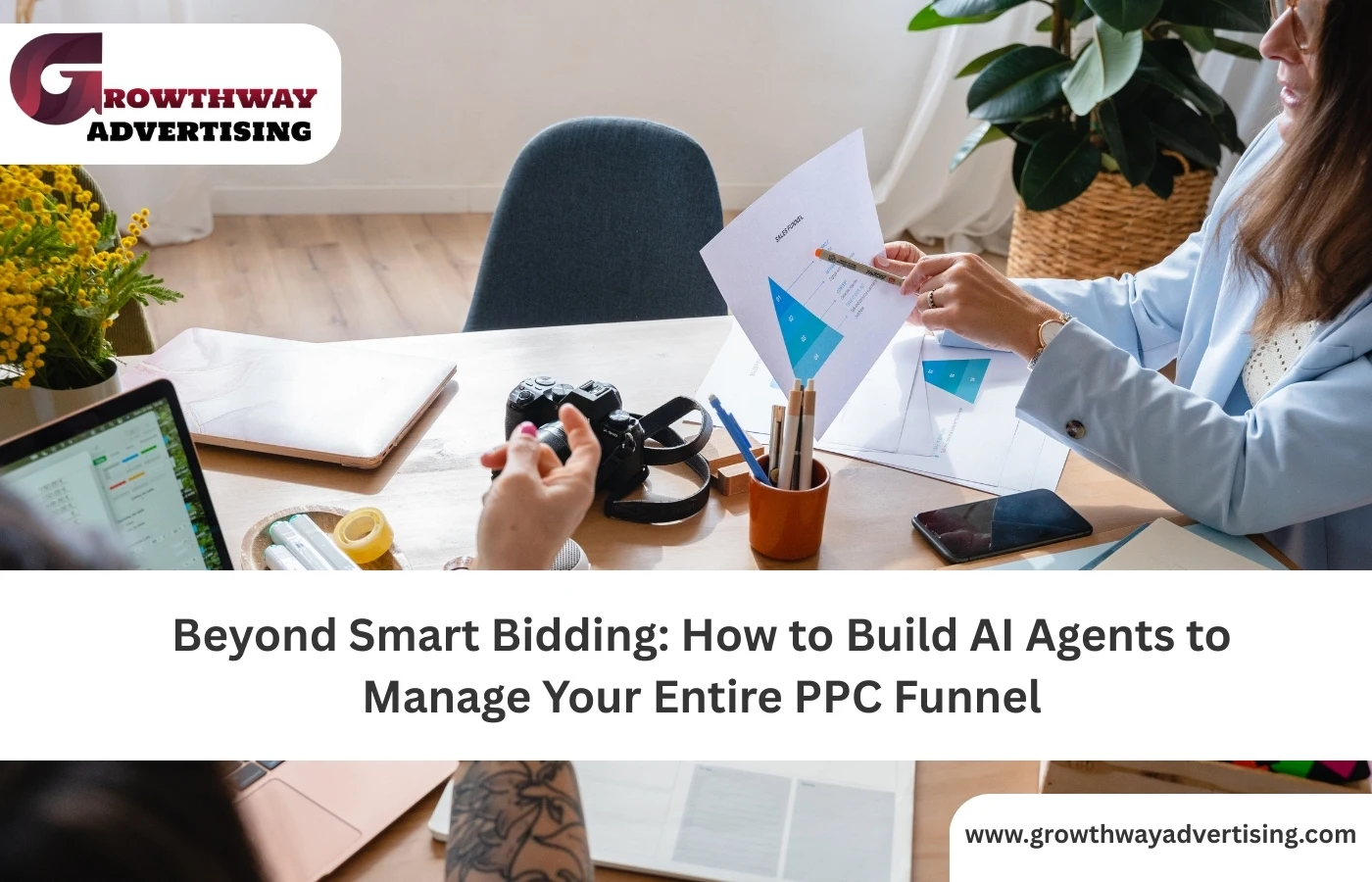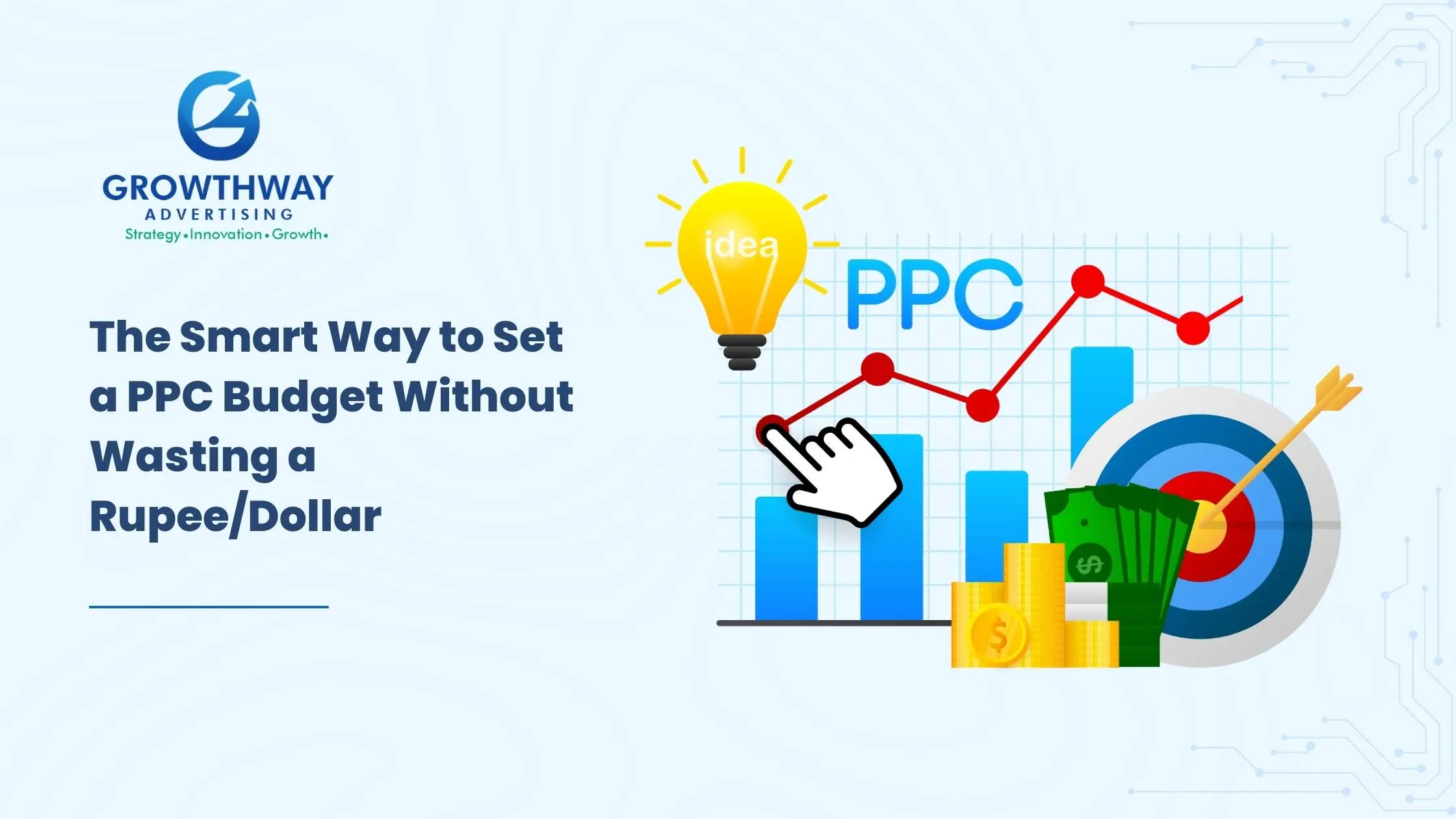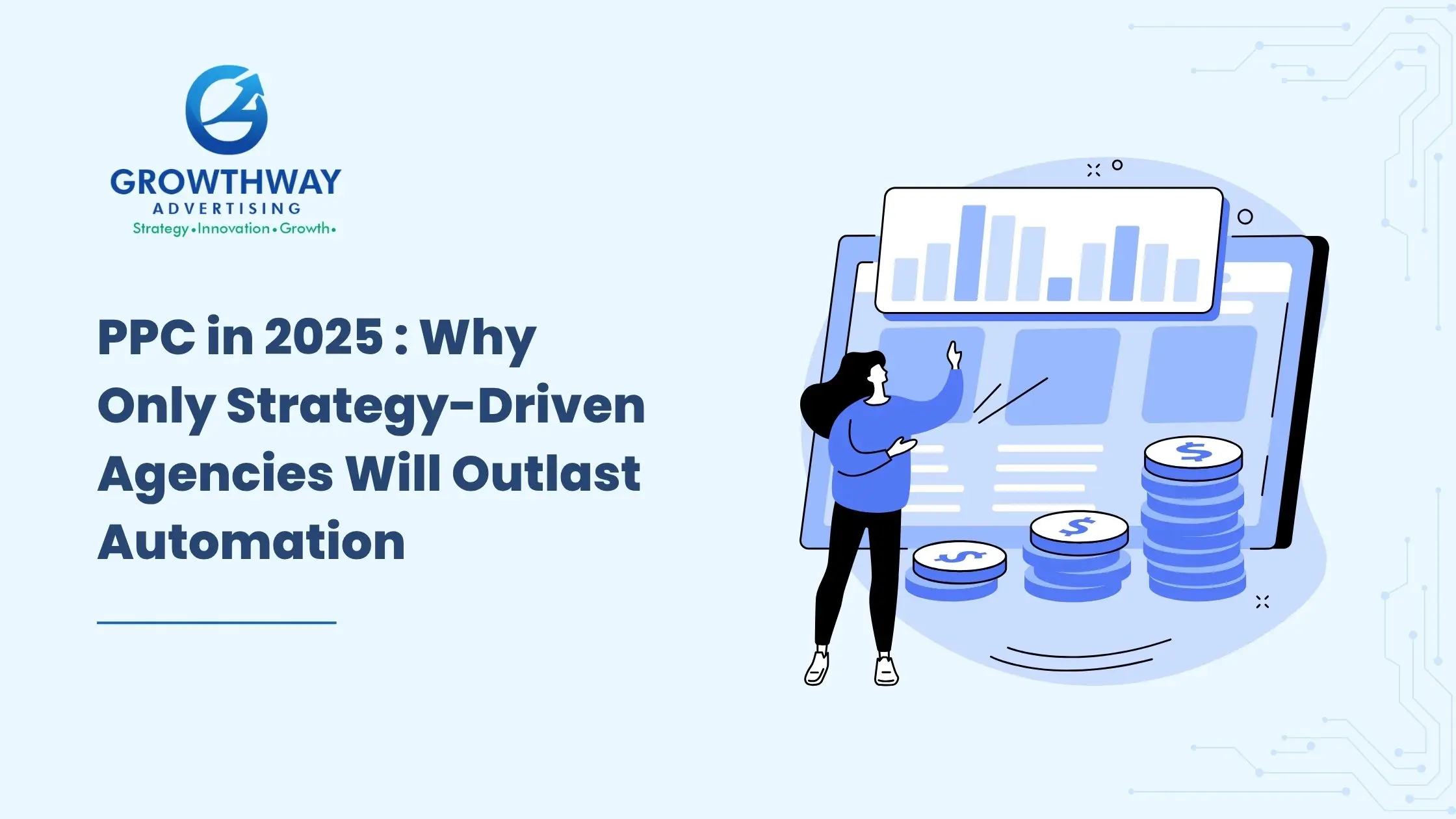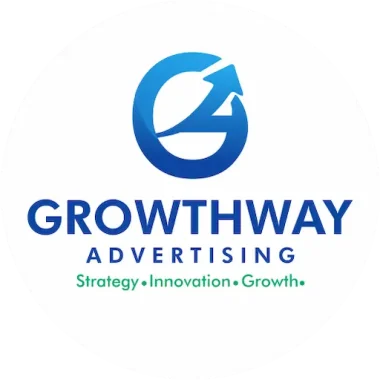In 2025, the conversation around PPC has evolved far beyond the boundaries of Smart Bidding. Marketers today are driven by the need for comprehensive automation, personalization, and intelligence across their entire PPC workflow. When the goal is to be better than any other PPC company, drive better campaign outcomes as a pay per click advertising company, or become one of the top PPC advertising companies, the solution is to create AI agents, which are uniquely better at each end of the funnel. A detailed roadmap, including what the industry leaders are talking about and what they are not, is provided below, along with how progressive brands, and professional consultancies, and a niche PPC agency needs to approach this transformative period of paid media.
Rethinking Automation: Beyond Smart Bidding
Automation is already common in PPC services but the next step is adopting AI PPC management systems that are designed to handle it all: real-time keyword targeting to budget orchestration across multiple channels. Conversion optimization with machine learning in traditional solutions such as Smart Bidding can maximize their efficiency, but AI agents with advanced capabilities open a new dimension: constant learning, cross-platform knowledge, and quick adjustment to change.
For a PPC company or the best PPC agency that wants to stand out, real innovation occurs when these agents are not merely operating on-the-book rules but are creatively finding new signals of audiences, adjusting strategy in real-time, and offering predictive information to drive expansion.
The Modern PPC Agent: From Setup to Outcome
PPC AI agents have some fundamental attributes:
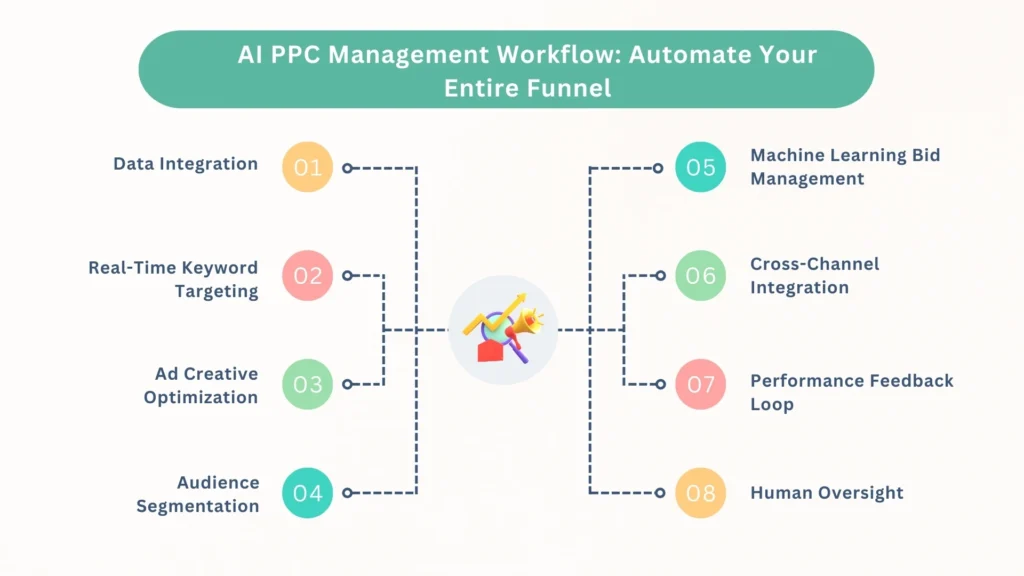
- Autonomous bid management that considers user intent, device type, and moment-by-moment auction variance.
- Automated ad creative optimization dynamically testing, refining, and selecting ad copy variations to improve engagement.
- AI agents manage audience segmentation in real time, breaking audiences by behavior, value, and context at a scale humans can’t match.
- Forecasting systems that continuously reallocate spend across platforms (like Google, Meta, LinkedIn, or YouTube) for unified cross-channel integration.
- Seamless ad copy generation using NLP to tailor messaging for every segment and scenario.
These are no mere fads: now they form the basic differentiators of any ppc marketing services company or aggressive pay per click advertising firm.
Building Your AI Agent: Phases & Tools
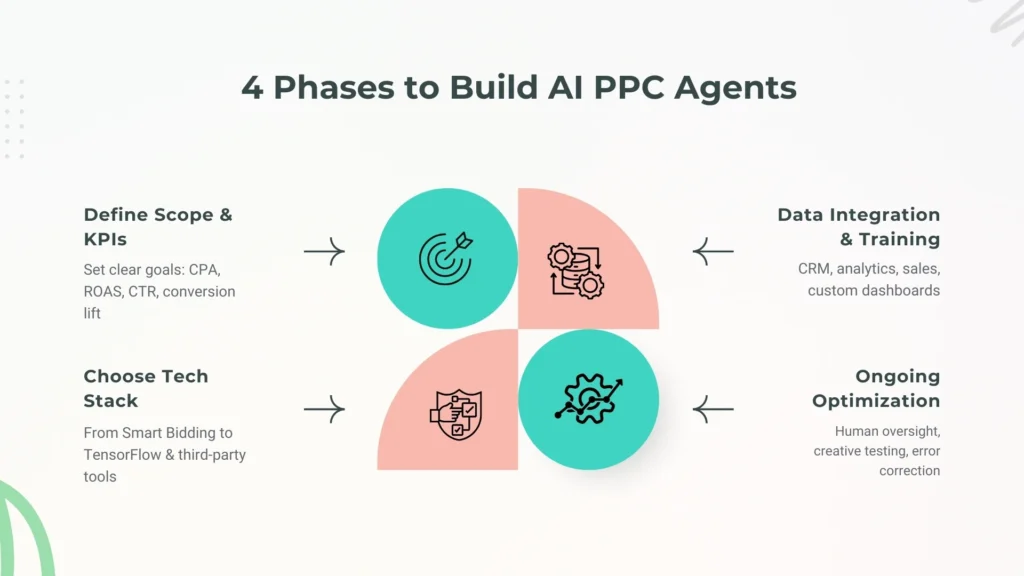
1. Define Agent Scope and KPIs
Any success in advanced PPC automation starts by clearly outlining what the AI agent will do whether it’s full-service campaign management or laser-focused optimizations like machine learning bids or anomaly detection. As with any investment by a niche PPC agency, outcomes must be tied to measurable KPIs, from CPA to ROAS.
2. Choose the Right Tech Stack
There are also platform-native solutions (Smart Bidding or Performance Max in Google Ads) at one end, and advanced third-party assistants or solutions created on the basis of ML frameworks (like TensorFlow or PyTorch) at the other end. Leading PPC agencies often layer these with tools like Optmyzr, Adzooma, or Zapier, tailoring the stack for their unique workflows.
3. Data Integration & Training
These agents demand high-quality data: the integration of CRM, sales and analytics data, detecting the most important customer indicators and relying on powerful feedback mechanisms to optimize forecasts. Custom dashboards and analytics often built on Looker Studio or Supermetrics support flexible reporting and optimization for every ppc company.
4. Ongoing Optimization & Human Feedback
Even the best AI solutions need ongoing review. The role of the expert be it an in-house analyst or ppc agency partner is strategic oversight, troubleshooting, and implementation of new creativity and offers. AI handles scale and speed; the strategist delivers vision.
Advanced AI PPC Capabilities
AI-driven PPC management today operates at levels not possible even a few years ago:
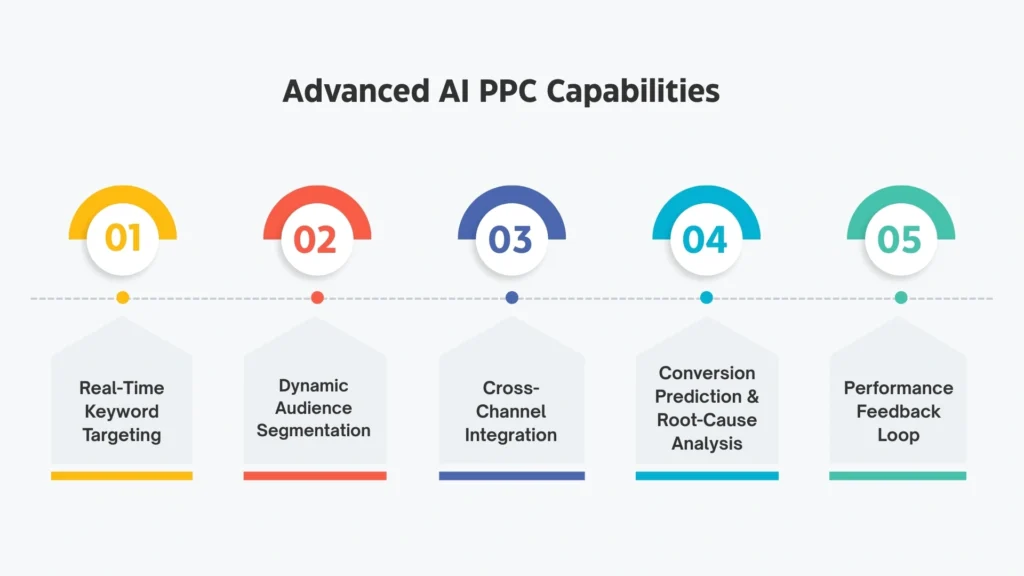
- Real-time keyword targeting: Adaptive keyword lists respond live to emerging search trends, boosting ad relevance and quality scores.
- Dynamic audience segmentation: AI builds and updates micro-segments, targeting ads where and when they matter most.
- Cross-channel integration: Budgets and creatives shift across platforms autonomously, maximizing return on every click.
- Conversion prediction & root-cause analysis: The system forecasts campaign outcomes and pinpoints underperformance drivers, not just reporting but recommending solutions.
- Performance feedback loop: Algorithms learn from ongoing outcomes, driving lower costs and higher conversion rates, a major win for any ppc advertising company or aspiring best ppc agency.
Hidden Gaps in AI PPC Management
Best discussions tend to over-gloss over key components in regards to overall AI agent implementation:
Legal, privacy, and transparency risks: Adopting AI means handling data responsibly. Compliance with GDPR or CCPA, preventing algorithmic bias, and transparent reporting are non-negotiable but rarely detailed.
Multi-platform orchestration challenges: While the promise of full-funnel cross-channel integration is well advertised, real-world implementation requires intricate API management and robust infrastructure subjects skipped in most guides.
Agent learnings and exception handling: What happens when an agent fails misconfigurations, overspending, or inappropriate creative choices? Advanced error monitoring and recovery systems need equal attention.
Industry and vertical customization: The most impactful AI agents are tailored, not generic. E-commerce, B2B, SaaS, or brick-and-mortar campaigns demand specialized logic, keywords, and attribution, something few ppc marketing services or PPC services providers fully articulate.
Deep ROI modeling: Beyond summary statistics lies the need for granular, scenario-driven ROI projections, helping PPC agencies and brands justify investments and set realistic expectations.
The Emerging Role of the PPC Agency and Brand
With AI agents taking over, the ppc agency or niche PPC agency is no longer involved in manual operations of the campaign. But rather in orchestrating strategies to include tech stacks, data quality, and tying together insights across all the pay per click advertising company activations. The actual best PPC agency assists brands:
- Design AI agents unique to their business.
- Layer automation atop a foundation of creativity.
- Ensure each campaign, creative, and audience touchpoint is optimized and accountable.
The future is not merely more automation, but smarter, better and more accountable automation, which is what successful brands and agencies understand.
Final Thoughts on Implementation
Deploying PPC automation that reaches beyond Smart Bidding is about the relentless pursuit of efficiency, insight, and proactive management. Whether for in-house marketing teams or partnered with a PPC company, the journey means embedding AI PPC management at each stage: discovery, testing, scaling, and governance. It’s a new era that rewards sophistication, transparency, and human ingenuity working alongside machine intelligence.
FAQ’s
AI PPC management uses machine learning and automation to optimize bids, audience targeting, budget allocation, and ad performance in real time. It helps advertisers reduce wasted spend, improve return on ad spend (ROAS), and dynamically adjust campaigns for better conversions.
While Smart Bidding focuses mainly on automated bid strategies, AI agents manage the full PPC funnel keyword targeting, ad creative optimization, audience segmentation, cross-channel budget allocation, and predictive analytics providing a more holistic, continuous performance boost.
AI agents can automate bid adjustments, keyword targeting, campaign reporting, audience segmentation, creative testing, budget pacing, anomaly detection, and even generate ad copy, freeing marketers to focus on strategy.
AI analyzes search trends, user intent, and competitor activity to update keyword sets dynamically, improving relevance and capturing emerging opportunities while eliminating underperforming keywords.
Risks include budget overspend from faulty automation, algorithmic bias, lack of transparency, and compliance challenges regarding data privacy regulations like GDPR. Setting guardrails and regular audits help mitigate these issues.

